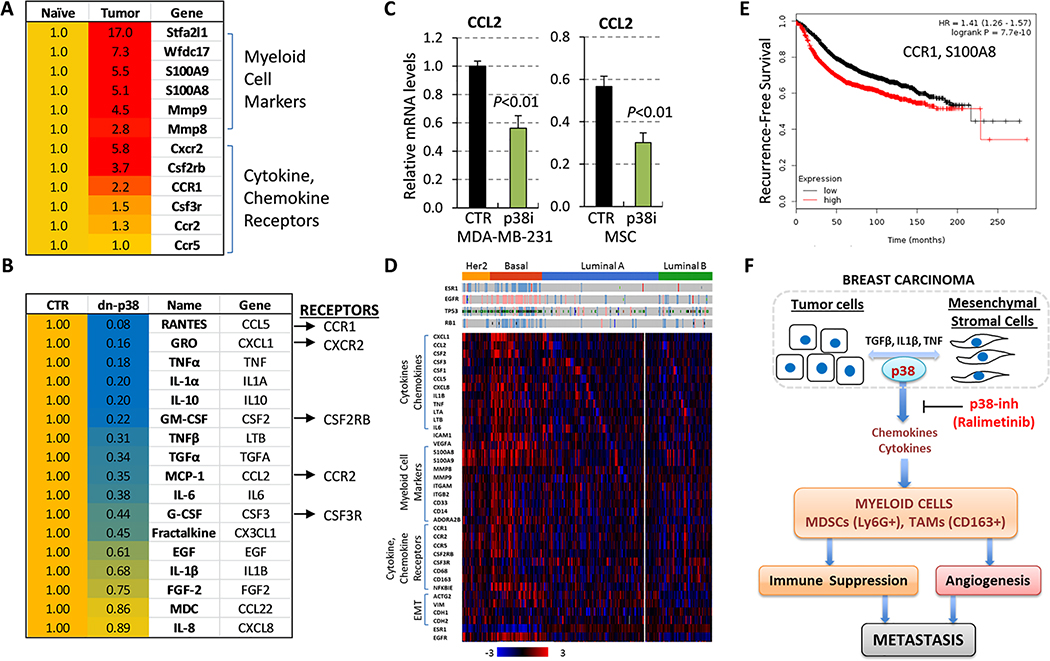Figure 6. The p38 kinase controls the tumor-immune crosstalk that mediates the expansion of pro-tumor myeloid populations.
(A) Expression of myeloid cell markers and cytokine/chemokine receptors in the lungs from tumor-free (naïve) and 4T1 tumor-bearing mice (tumor). (B) Levels of secreted factors were measured in serum-free media conditioned for 48 hours by human MDA-MB-231 breast cancer cells, expressing the empty-vector (CTR) or dnp38 (dn-p38) constructs. Two biologically independent replicates were assayed using the Luminex 200 System. (C) Quantitative RT-PCR of CCL2/MCP-1 in total RNA from MDA-MB-231 and WI-38 mesenchymal stromal cells which were treated with vehicle (DMSO) or p38i (Ralimetinib) for 48 hours. (D) Expression profiles of breast cancer TCGA dataset. (E) Kaplan-Meier estimation of recurrence-free survival for CCR1 and S100A8 in BC patients (n=3,951). (F) The working model: the p38 kinase in tumor and mesenchymal stromal cells in the TME mediates expansion and mobilization of pro-tumor myeloid cells by controlling the tumor-immune crosstalk.

